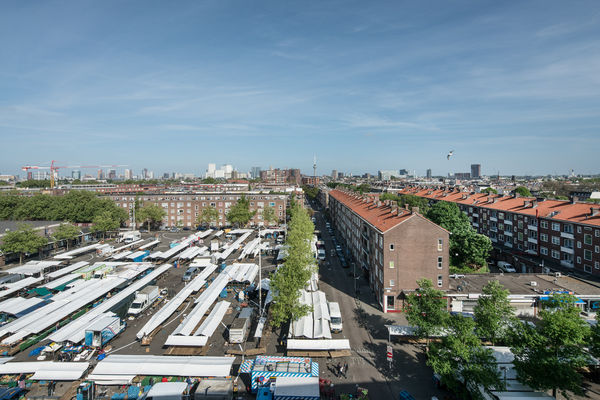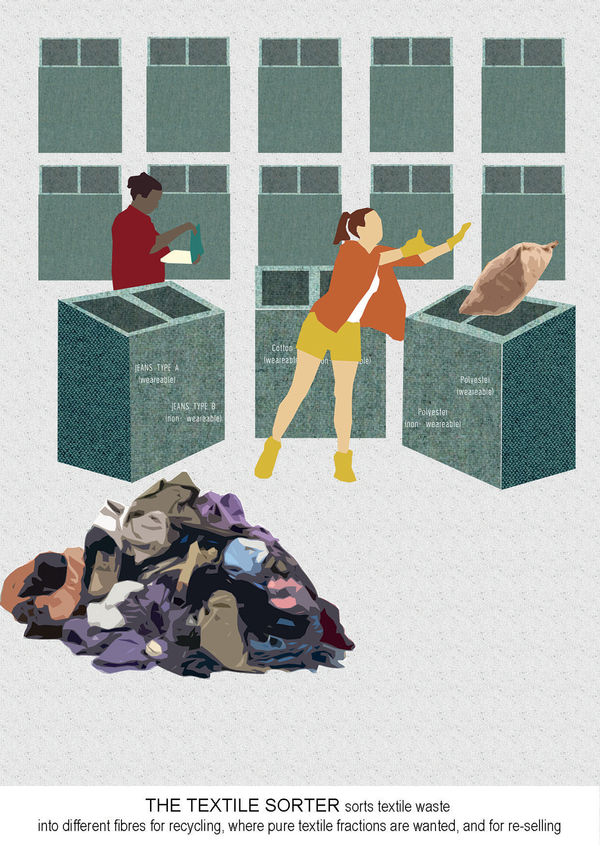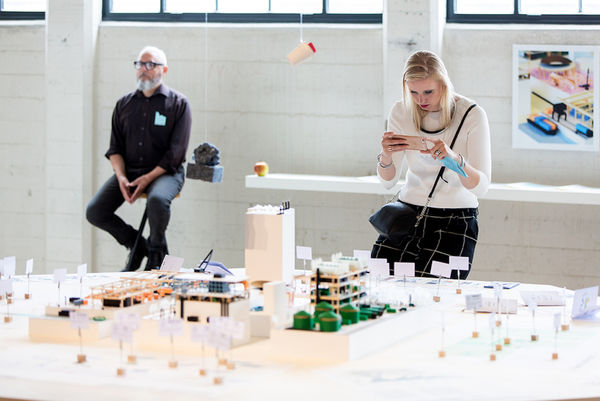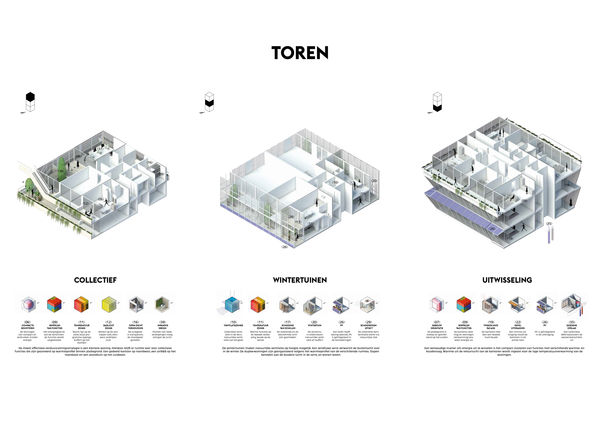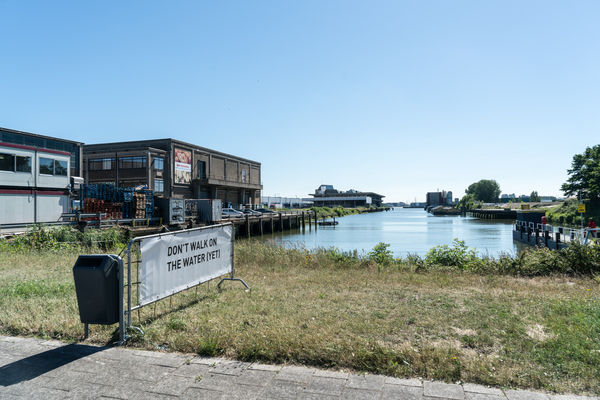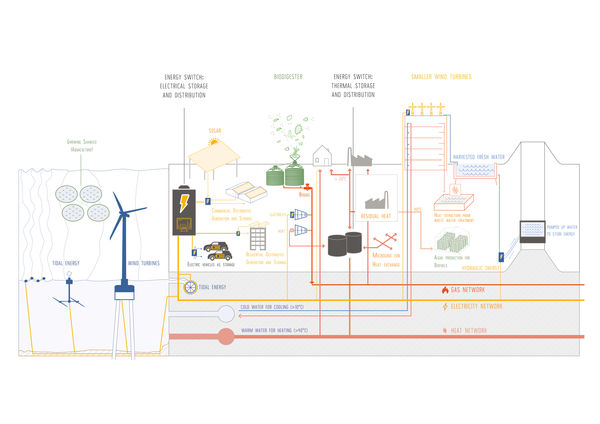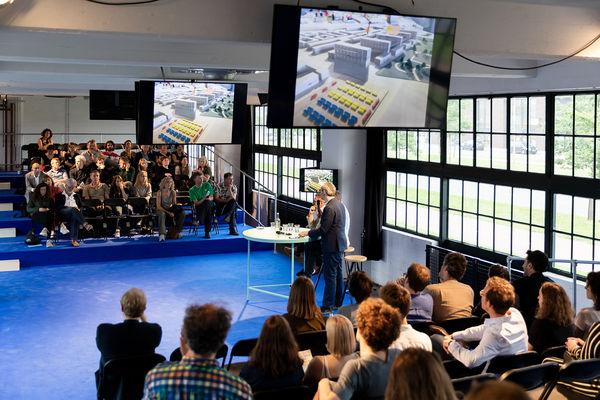In the framework of IABR–2018+2020–THE MISSING LINK, Atelier Rotterdam seizes energy transition as an engine for urban development and for other important issues, such as production, housing, social equality and water. This means the energy transition is not only a goal, but also a means that is deliberately used to work on an attractive future, on a resilient and inclusive Rotterdam. In other words, it examines how the built environment can contribute to the energy transition, and vice versa how the energy transition can contribute to a better living environment. The focus is on the socially inclusive narrative, because energy equals space equals solidarity. The question posed by the IABR-Atelier Rotterdam is therefore, how can the energy transition lead to new urban quality. What is the ecological and social added value for the city, for the district and for every individual citizen?
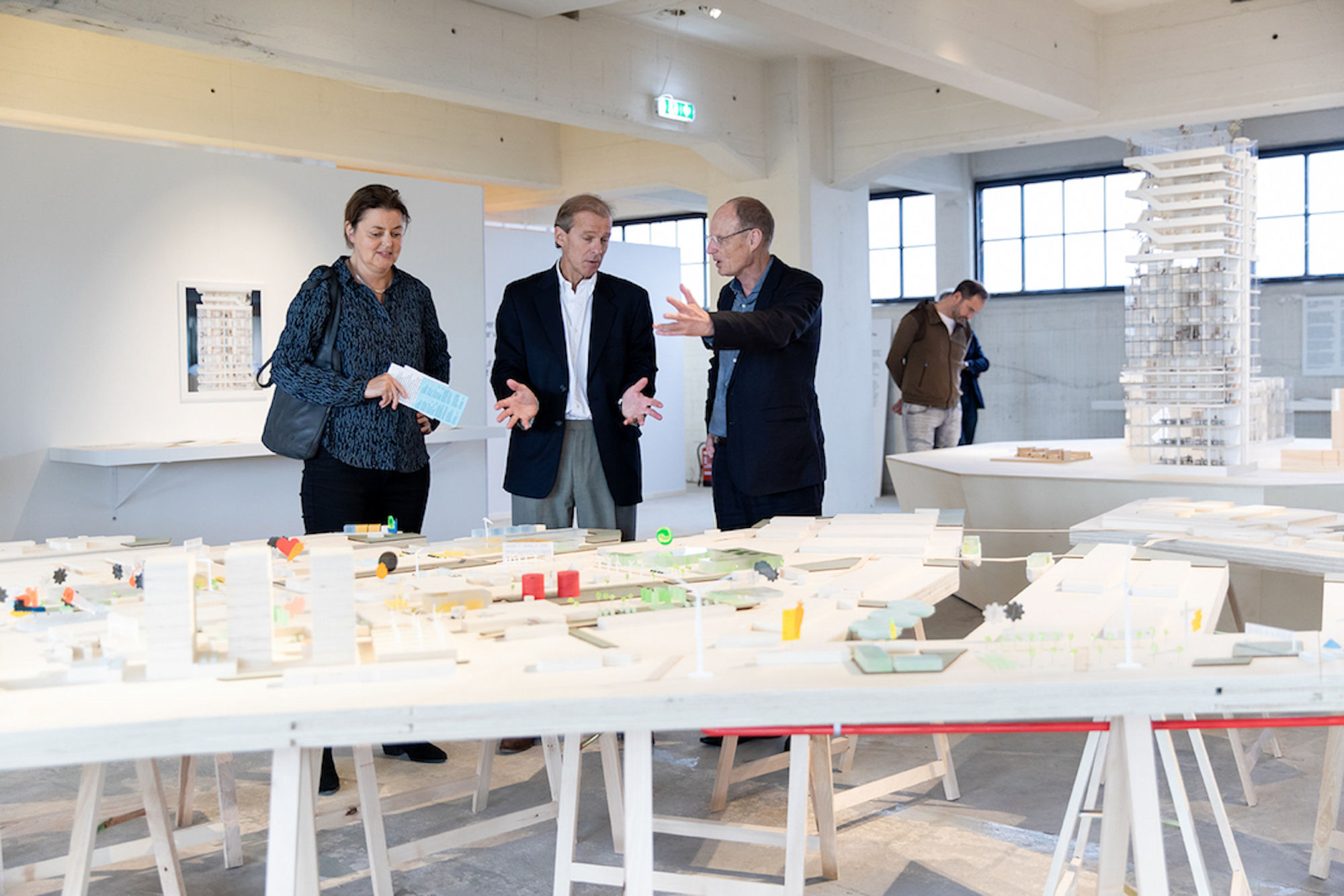
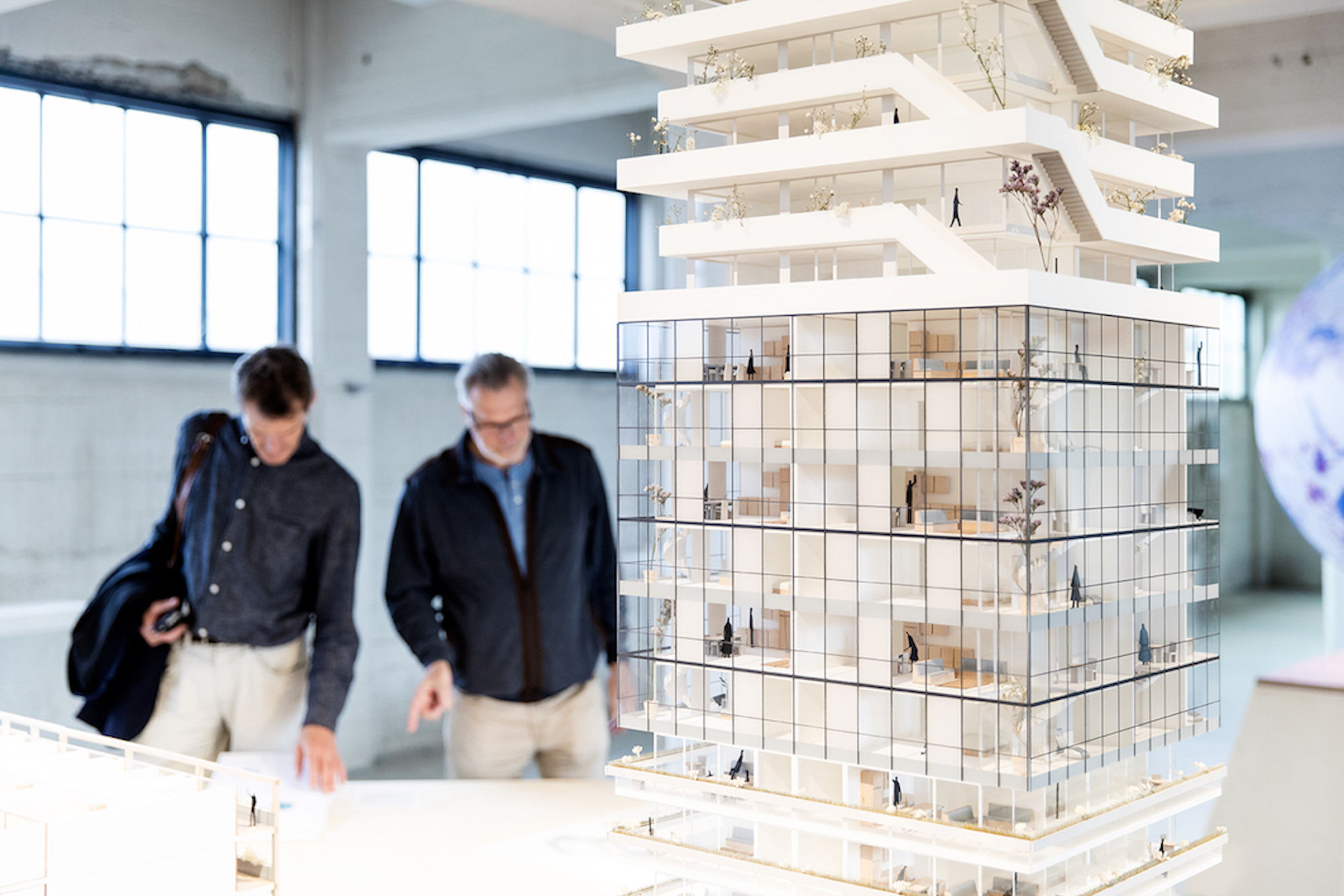
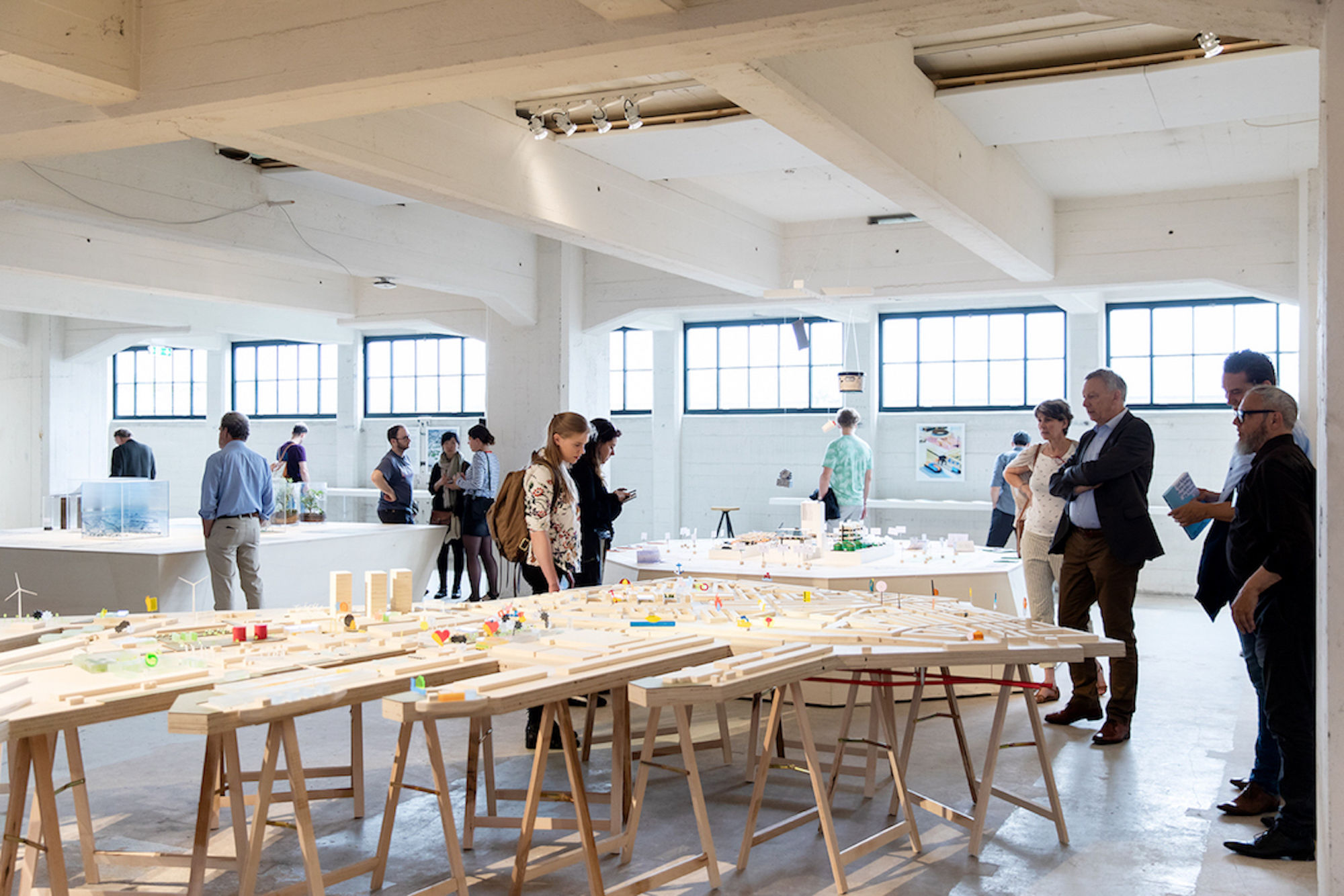
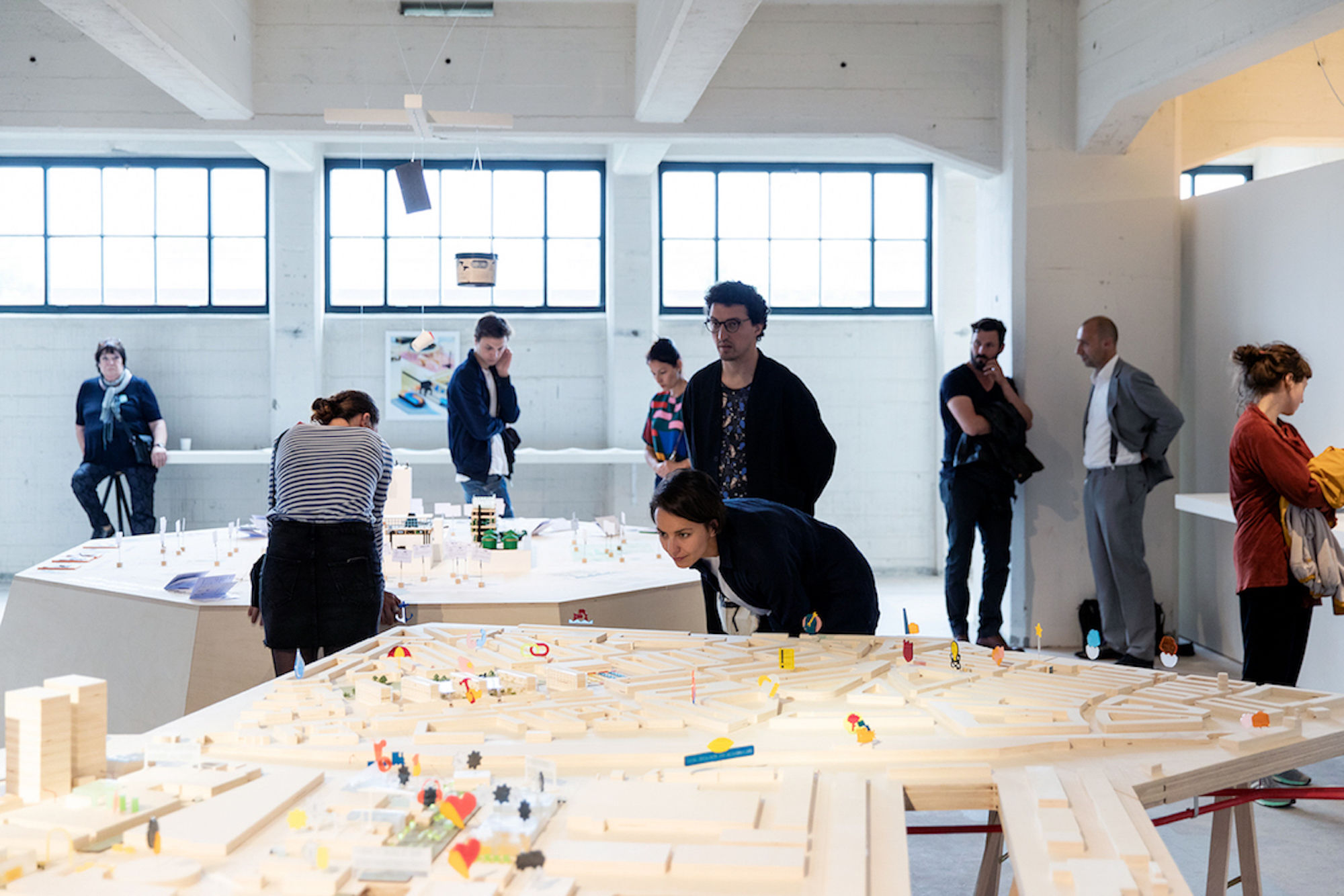
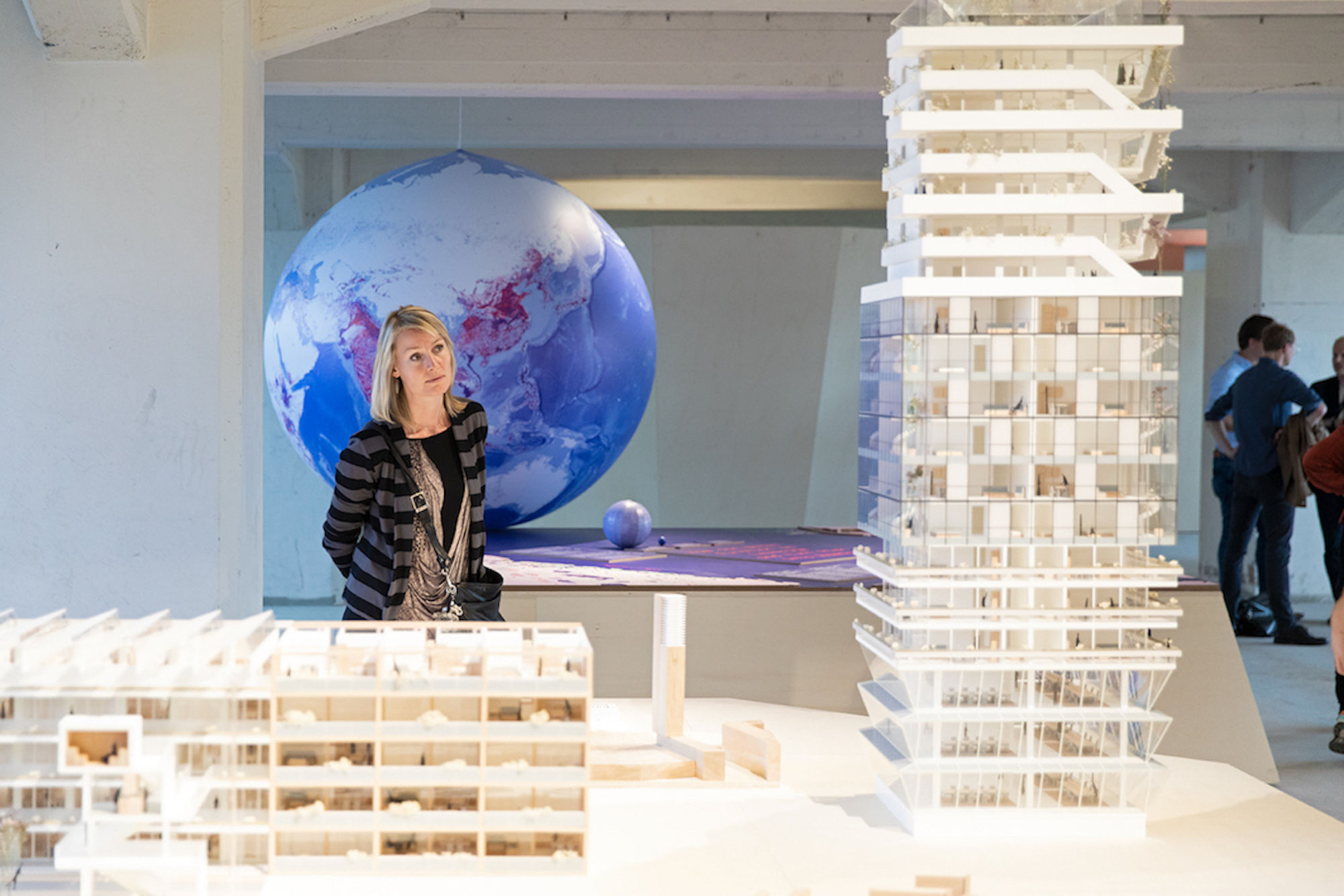
The new energy system is no longer just happening underground and in distant power stations, but will become increasingly visible in daily life, because the infrastructure of renewable energy is largely located above ground. Unlike fossil fuels, whose mining and distribution are largely hidden from view, the extraction of energy from the sun, wind or geothermal heat thus has a direct and visible impact on our space.In other words, the new energy systemwill have a large spatial influence on our city and how we organize and shape it. But conversely, spatial development (from building to city) can also have a major impact on energy transition. Energy transition is therefore pre-eminently a spatial task.
Even more than for other cities, the energy transition for the port city of Rotterdam is a huge issue. It requires a large-scale change deep into the fibres of urban life, the port economy and the city itself. Can this transition be realized smarter and faster, and with greater capacity if we can show that it can also be used as leverage to achieve a broader socio-spatial quality leap in Rotterdam? Which approach, which policy, which neighbourhood and urban development, and which coalitions between citizens, companies and governments are needed? These are the ambitious questions posed by the three clients of the IABR-Atelier Rotterdam - municipality, port company and IABR.
With the signing of the Paris Climate Convention, the global community has set a clear direction: globally, CO2 emissions must be reduced by at least 80% by 2050 if we want to avoid an irreversible impact on our living environment. The Dutch government has therefore formulated a policy with objectives for both the medium and long term. But now we must actually also get started. Because we live on credit, especially in the Rotterdam region where, economically seen, fossil fuel is still of vital importance for the port, which is one of the largest in the world. What can Rotterdam do to realize the energy transition?
The energy transition is seen primarily as a technical issue and an infrastructural task, but at the same time it is also a spatial design issue, and a solidarity issue. The existing buildings play an important role in reducing energy consumption and will play an even more prominent role in making room for new forms of energy production: as much as 70 percent of homes in Rotterdam now have an energy label C or less. Reducing energy requirements will only be possible if the existing housing supply is thoroughly renovated and new buildings become energy-neutral as far as possible.Because the new energy system will not only manifest itself underground and in secluded plants, but also in our direct environment, it will have a strong spatial impact and will be an important factor in how we organize and shape the city.
Moreover, the energy transition is a societal task. Energy poverty is already a fact, especially in the more vulnerable neighbourhoods. Those who, due to lack of resources, miss the opportunities that the transition now offers, are likely to have to cough up the highest energy costs later on. With a different approach, it can be ensured that the energy transition contributes to an inclusive Rotterdam: citizens and residents' collectives can be supported and encouraged to become energy producers themselves, so that ecological and social challenges can be linked to each other. Then a level playing field can arise for everyone.
The energy transition therefore requires an integrated approach at all scales simultaneously. And a methodology that responds to the rapid changes that take place. If we look at the innovations, pilots and experiments that bring about the transition to renewable energy step by step, we often see totally new players and partnerships. This also changes the role, tasks and responsibilities of the government, the citizen and the market parties. So there is a need for a new, clear framework.
Up to and including 2020, the IABR-Atelier Rotterdam is working on a number of complementary trajectories that, together, each on a different scale level and in another field of action, contribute to a concrete future perspective for urban development that realizes the energy transition, while it also manages to focus on broader social gains.
On the scale of the building, investigation is done to see which new typologies of collective housing are possible for the energy transition. Instead of just 'sticking' new energy technologies on to the traditional housing types that we continue to build to date, the Atelier explores and imagines how the plan, the composition, the collective spaces and facilities and the structure of residential buildings can be redesigned so that the construction is genuinely based on the use of renewable energy.
At the same time, the IABR-Atelier Rotterdam will be working in three different neighbourhoods in Rotterdam to examine, along with all players and stakeholders, how the energy transition can be realized step-by-step, and what a collective strategy with a broad social agenda for a new Energy District could to be. The first district is Bospolder-Tussendijk where the Next Generation Energy District is being explored and tried out, in cooperation with Delfshaven Coöperatie, the municipality of Rotterdam and housing corporation Havensteder. In a second phase, an energy neighbourhood strategy will also be developed for and with the Rotterdam Central District and Tarwewijk.
The joint ambition of the municipality, port company and IABR is to develop an integrated transformation agenda for the energy transition as an overarching element in all of the thinking and working tracks of IABR Atelier. It explores how urban development, social development and urban management can be proactively linked, and how a bridge can be created between ambitious visions of the future and objectives, and the development and implementation of projects.
